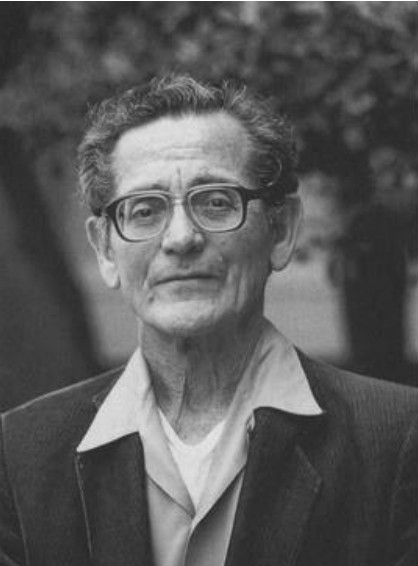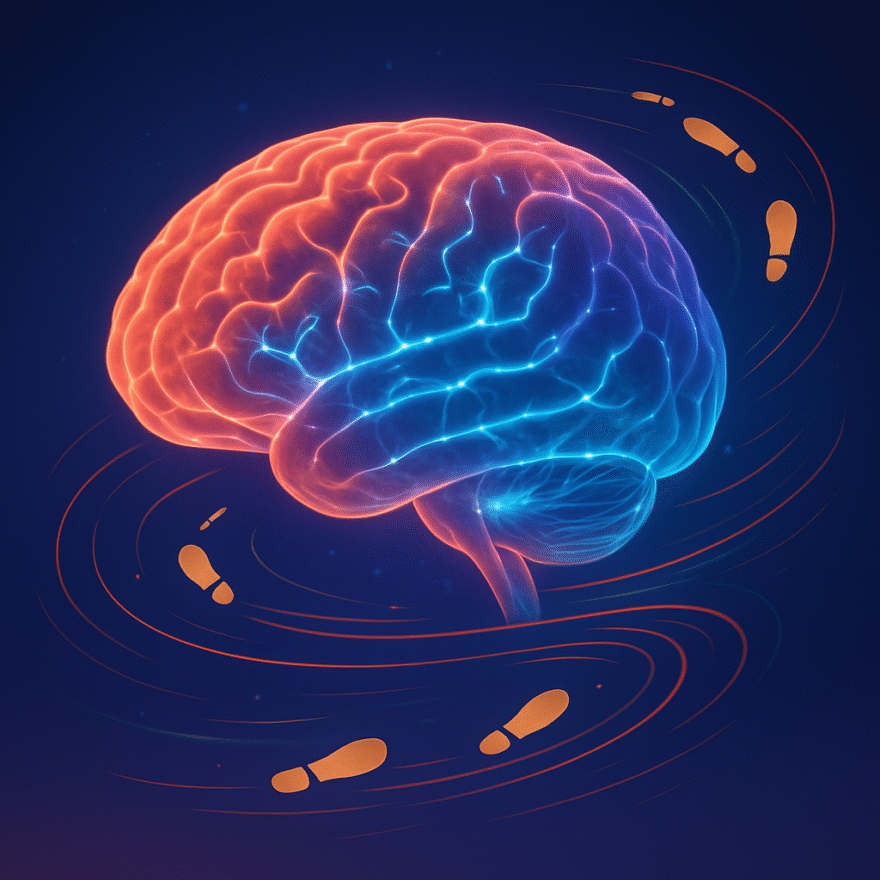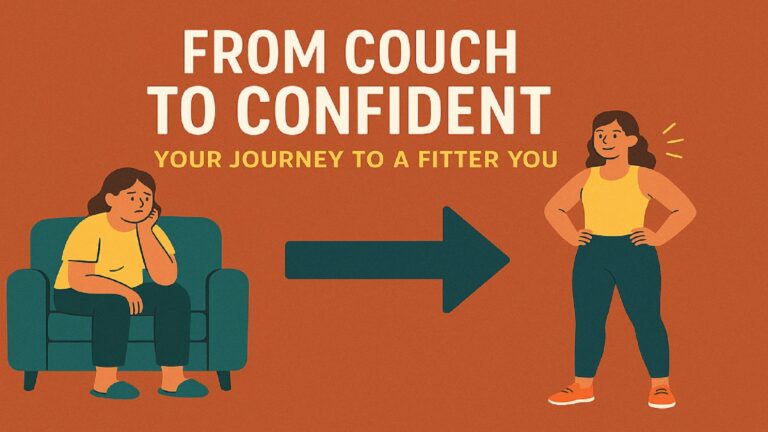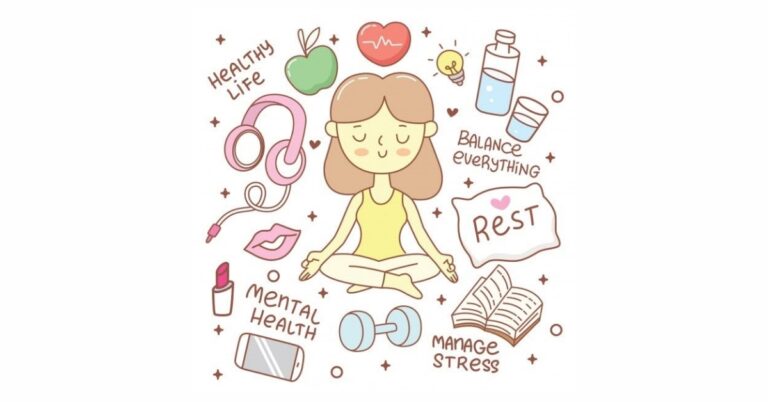The Brain Goes – 1-2-Cha-Cha-Cha
The Brain Goes – 1-2-Cha-Cha-Cha
Who’s Really in Charge – You or Your Brain? On the surface, it sounds like something from science fiction: that you are not really in control of your own actions and thoughts. Most folks think they have complete control over their choices. But a growing body of research indicates otherwise. Indeed, it seems that your brain might be calling the shots—often unbeknownst to you.
The Illusion of Control
There is strong scientific evidence that our conscious mind may not be the rational decision-maker we assume it to be. Instead, our decisions are largely determined by unconscious brain activities, driven by past experience and stimuli. Such a psychological effect is termed Priming—a mechanism where exposure to specific stimuli affects subsequent responses and action without even conscious awareness.
Consider the marketing profession, for example. It has prospered by priming for decades. You may think that you’re making an educated decision when purchasing an item. The truth is, though, that your choice may be highly influenced by a brand that you happened to see in a film, on the internet, or in an advertisement—little prompts that your mind retained and brought back during the point of purchase.
Equally, in threatening situations, the amygdala initiates the “fight or flight” response before even your conscious self has a chance to evaluate what’s happening. This automatic behavior highlights the extent to which emotional reactions and responses are controlled by sub-brain processes, outside conscious awareness.
And what then of Free Will? Is it something real, or merely a comforting delusion?
The Debate on Free Will
Although this article won’t investigate the condition of democratic agency in geopolitics, let us proceed to explore cognitive autonomy further.
The notion that human beings enjoy free will is an ancient philosophical idea. Many neuroscientists, however, hold that this sense of agency is mostly an illusion. One of the most oft-quoted experiments in this field is Benjamin Libet’s experiment conducted during the 1980s. His work showed that brain activity associated with a voluntary action happens milliseconds before an individual consciously makes the decision to act. In other words: the brain decides before the individual is aware of it.
Portrait of an older man in glasses and a suit, representing introspection and neuroscience themes discussed in “The Brain Goes – 1-2-Cha-Cha-Cha”. Although Libet’s results are contentious and subject to interpretation, the strength of the experiment and subsequent academic debate merely serve to solidify its relevance. It proposes that for many choices, the brain is already one step ahead.

An even more dramatic everyday example is Somnambulism, sleepwalking. In these episodes, people engage in complex tasks asleep—walking, cooking, even driving—unaware. When these episodes happen, the prefrontal cortex, which facilitates rational decision-making, is asleep to some extent, but other parts of the brain are active and highly integrated. This occurs dramatically in what illustrates the ability of the brain to operate—and guide actions—without conscious feedback.
What Happens in the Brain When You Sleepwalk – PBS
Can Your Brain Help You Achieve Peak Performance?
If the brain is so powerful, can we train it to work for us instead of feeling like it works against us? Interestingly, yes.
Studies indicate that humans excel when their brain is in “cruise control” mode. This takes place when an activity or a task has been so rehearsed that it is done by rote, leaving the brain to handle it comfortably with minimal conscious intervention. Essentially, repetition and familiarity beget mastery.
The contemporary visualization technique, widely used by Gen-Z and athletes, is based on this concept. Top athletes in sports, orators in public speaking, or students use constant practice and mental rehearsal. By repeatedly exposing the brain to a given situation, we habituate it to react automatically and at its best in actual situations.
Think about the anxiety at your initial group presentation. Your prefrontal cortex was probably overdriving—second-guessing each sentence and fearing judgment. Excessive awareness of self usually leads to stammering or slowing down. Compare this to a seasoned public speaker: years of practice and numerous performances allow them to talk spontaneously. Their brain is cruising, reducing interfering cognition and boosting performance.
Likewise, a professional athlete may be able to make thousands of free throws successfully in practice. But when told that the next shot is a million dollars, performance may decline. Why? Because the added pressure triggers the prefrontal cortex, which makes the athlete overthink what would otherwise be an automatic response. The genuinely elite performers are those who have conditioned their brains to stay in automatic mode—even under severe pressure—through hundreds of repetitions and exposure to high-stakes environments.
The Paradox of Control
If you really want to achieve control over your decisions and actions, you might first have to let go of conscious control. By accepting habit, routine, and practice, you permit the brain to learn actions and execute them with accuracy and assurance. Ironically, it is in surrendering that we gain mastery.
Disclaimer: The views expressed in this article are for informational purposes only and do not necessarily reflect the official policy or position of any organization. If you have concerns or believe there are factual inaccuracies, please write to us at info@primejournal.in or Contact Us.
I am always up for a conversation—about just about anything under the sun (and a few things beyond it). With a perspective on everything and a curiosity that never quits, I draws writing inspiration from life’s everyday moments, the world of sports, the intricacies of Human Behaviour, and movie scenes that seem to speak only to him.






